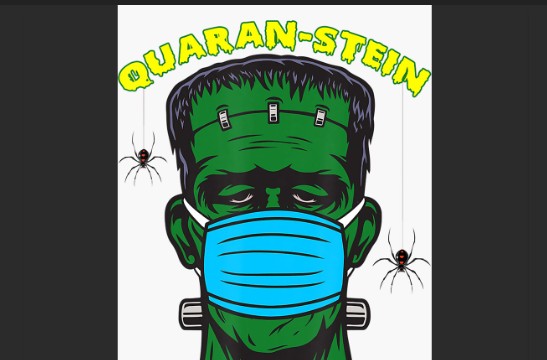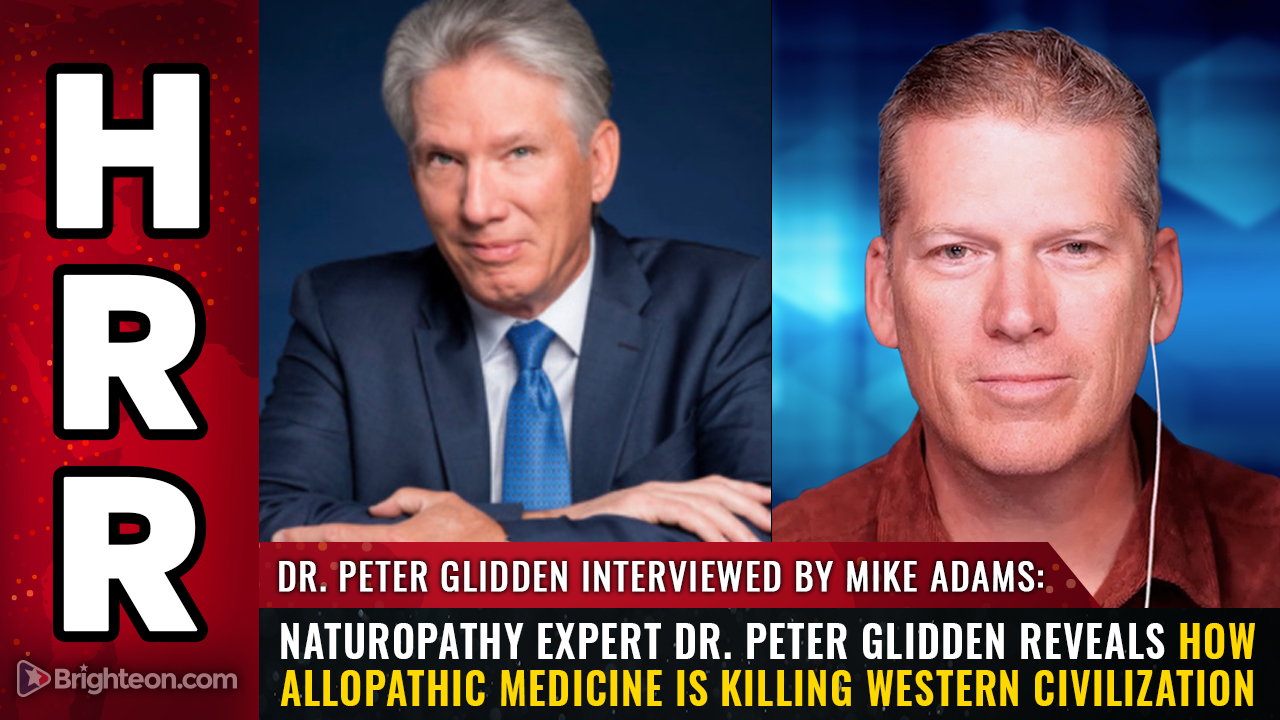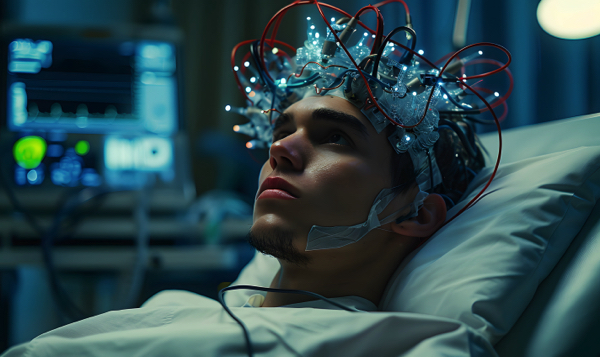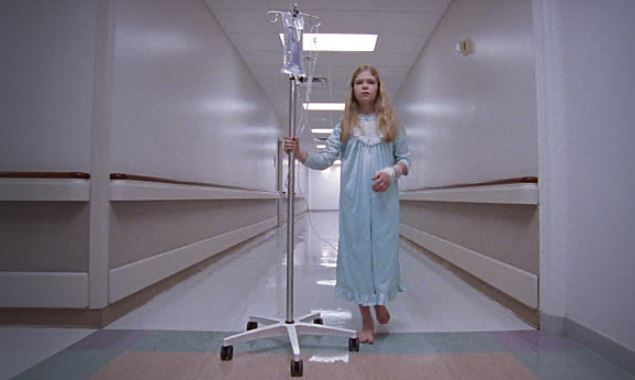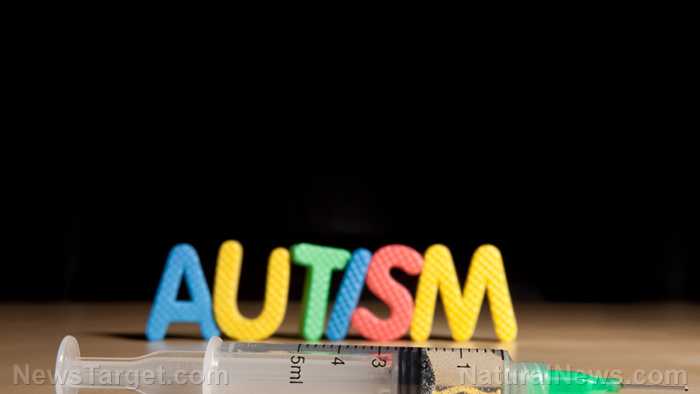Americans’ average attention span plummets to just 47 seconds, new survey finds
07/05/2025 / By Laura Harris

- Americans’ average attention span on computer tasks has dropped from 2.5 minutes to just 47 seconds over the past two decades – a 69 percent decline, according to a 2025 Ohio State survey.
- Three in four adults report difficulty concentrating, primarily due to stress (43 percent), poor sleep (39 percent) and digital distractions (35 percent), with multitasking, poor nutrition and ADHD also playing roles.
- Dr. Evita Singh suggests many people mistakenly think they have attention disorders, when in fact they’re experiencing mental fatigue from chronic stress, anxiety and information overload.
- Multitasking may feel productive but actually drains mental energy, leaving behind “attention residue” that makes it harder to concentrate, enjoy tasks or maintain emotional well-being.
- UC Irvine psychologist Gloria Mark’s research shows email, not social media, is the most consistent digital stressor, increasing heart rates and fragmenting attention through constant task-switching.
The modern attention span is crumbling and fast. A new national survey conducted by The Ohio State University Wexner Medical Center reveals that the average time Americans can stay focused on a computer task has plunged from 2.5 minutes two decades ago to a startling 47 seconds today – a 69 percent decline.
The survey of 1,000 adults, conducted in May 2025, found that three out of four Americans admit they struggle to concentrate due to stress (43 percent), poor sleep (39 percent) and constant digital distractions (35 percent). (Related: What stress does to you: learn to control your stress reaction type.)
Dr. Evita Singh, a psychiatrist at Ohio State, said this dramatic shift is changing how Americans think, work and connect. Singh explains that what many perceive as a clinical attention deficit may actually be a result of sheer exhaustion.
“The stress and the ruminating and thinking about things over and over in your mind can certainly impact attention span and the ability to focus,” said Singh. “Often when patients come to see me, they’re worried about their ability to focus, and there’s a good chance that it ends up being because they’re so stressed out or they’re anxious. So we work on treating that.”
While digital notifications are a well-known distraction, the survey found Americans are also pointing fingers at multitasking, boredom, poor nutrition, lack of physical activity and underlying conditions like attention deficit hyperactivity disorder (ADHD). Singh even claimed that multitasking in particular may be doing more harm than good.
“When people are multitasking, when they have so many things in their mind that they’re thinking about, they can get exhausted,” Singh said. “And then it’s really hard to enjoy things, which can then lead to depression or anxiety.”
Research reveals hidden stress triggers hurting your focus
Professor Gloria Mark of the University of California, Irvine, confirms what Singh sees in patients with hard data.
Mark, who spent over 20 years tracking exactly how and why people lose focus, conducted her research based on wearable sensors and digital activity logs from real-world office settings. “We’ve found a strong correlation between short attention spans and high stress levels,” Mark said.
In her book, “Attention Span: A Groundbreaking Way to Restore Balance, Happiness and Productivity,” Mark explains how mental noise, known as “internal chatter,” prevents people from staying grounded in the present. Her research also shows that individuals with high levels of neuroticism, a trait linked to chronic worry, tend to have the shortest attention spans. These people are more likely to be mentally preoccupied, making it harder for them to concentrate, even in quiet environments.
One of the key culprits behind fractured attention is task-switching, which Mark claimed leaves behind “attention residue,” lingering thoughts from a previous task that interfere with the next one. Social media often gets blamed for modern distraction, but Mark’s research singles out a more mundane menace: email.
“We’ve logged every kind of computer usage, and the most consistent stress trigger we’ve found is email,” Mark said. “As soon as people open their inbox, their heart rate increases [which is a sign of rising stress]. When they close it, stress levels begin to recover.”
Emails represent a constant stream of unfinished tasks, decisions and interruptions.
Watch this video to learn about the impact of systemic stress on health.
This video is from the Brighteon Highlights channel on Brighteon.com.
More related stories:
Research proves stress really does shorten your life span by damaging DNA.
Surprising Facts and Symptoms About Attention Deficit Disorder.
Accomplish More With Intentional Distraction and Attention Deficit Disorder (ADD).
Fidolin Drug Approved for Treatment of Attention Deficit Hyperactive Doggie Disorder: ADHDD (satire).
Sources include:
Submit a correction >>
Tagged Under:
Anxiety, attention span, Brain, brain function, chronic stress, Collapse, digital interruptions, focus, health news, mental, Mind, sleep deprivation, struggle, Study, survey
This article may contain statements that reflect the opinion of the author

